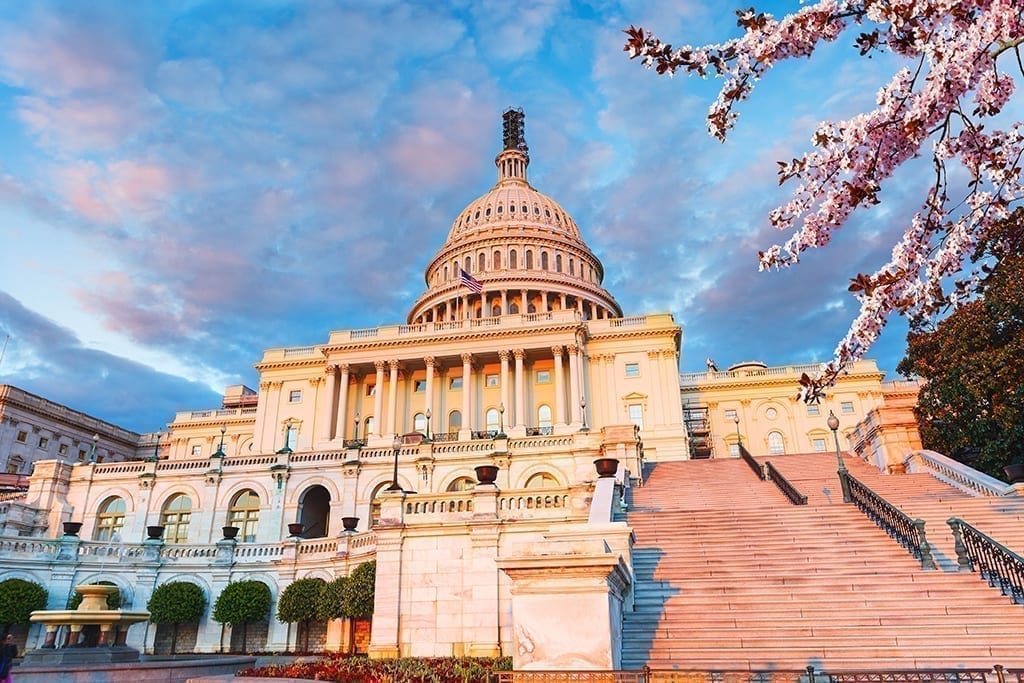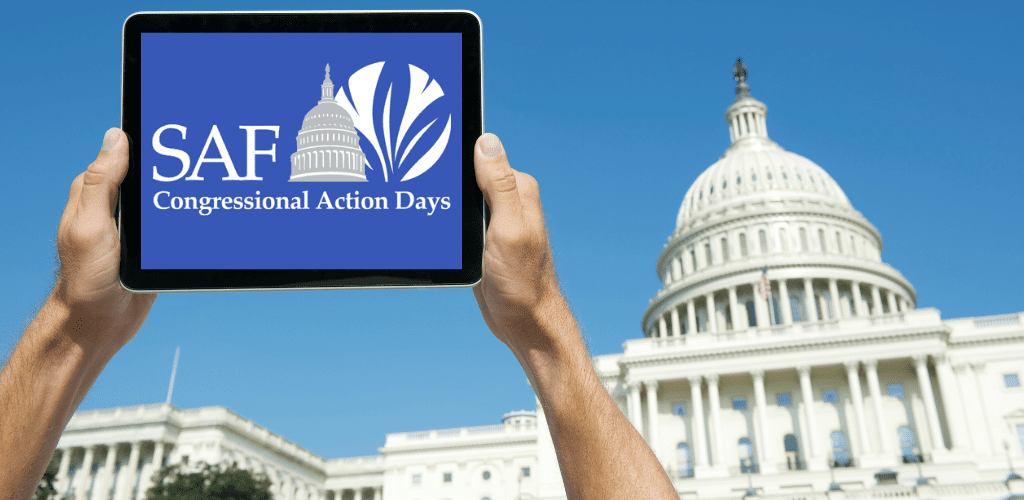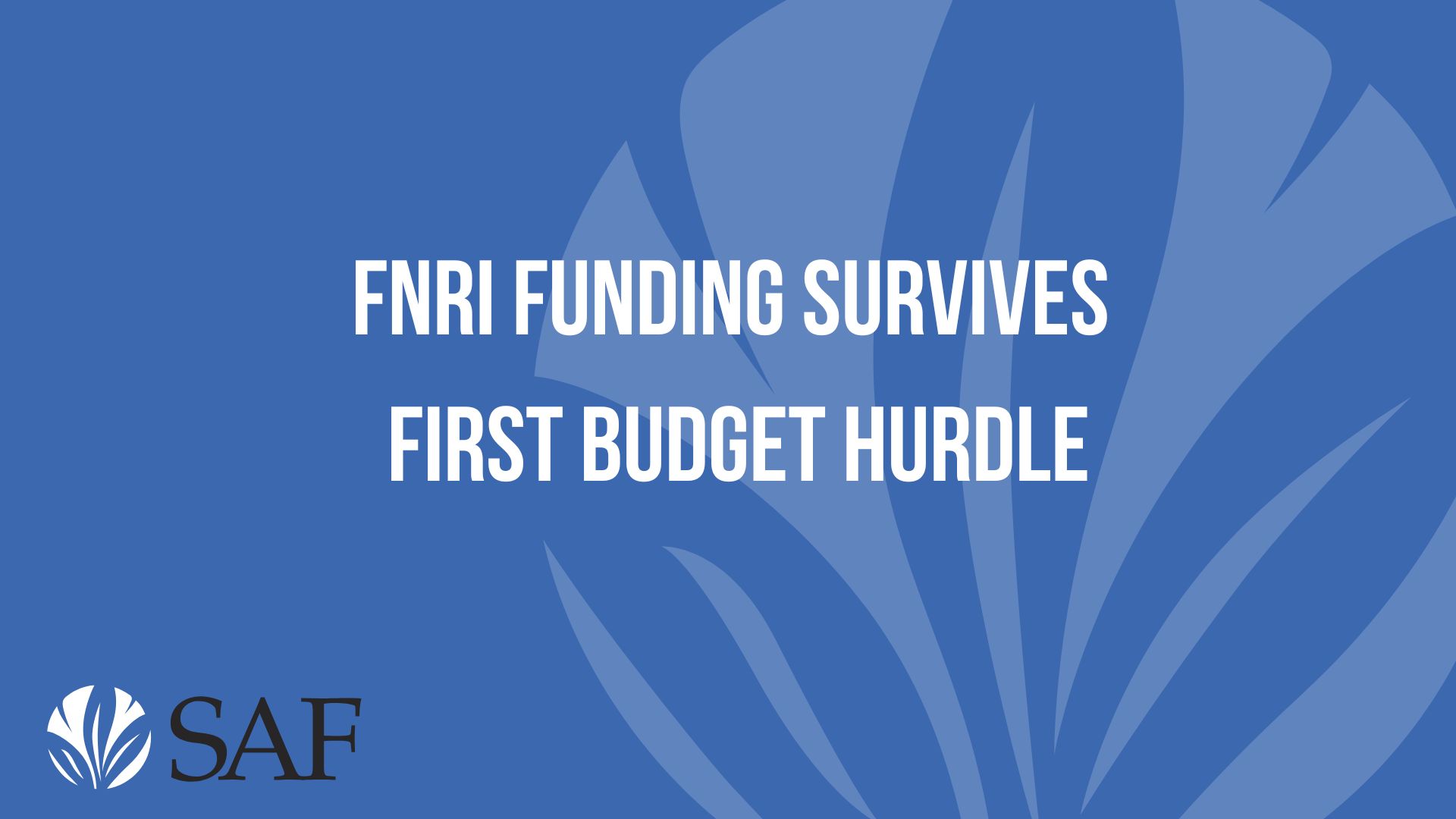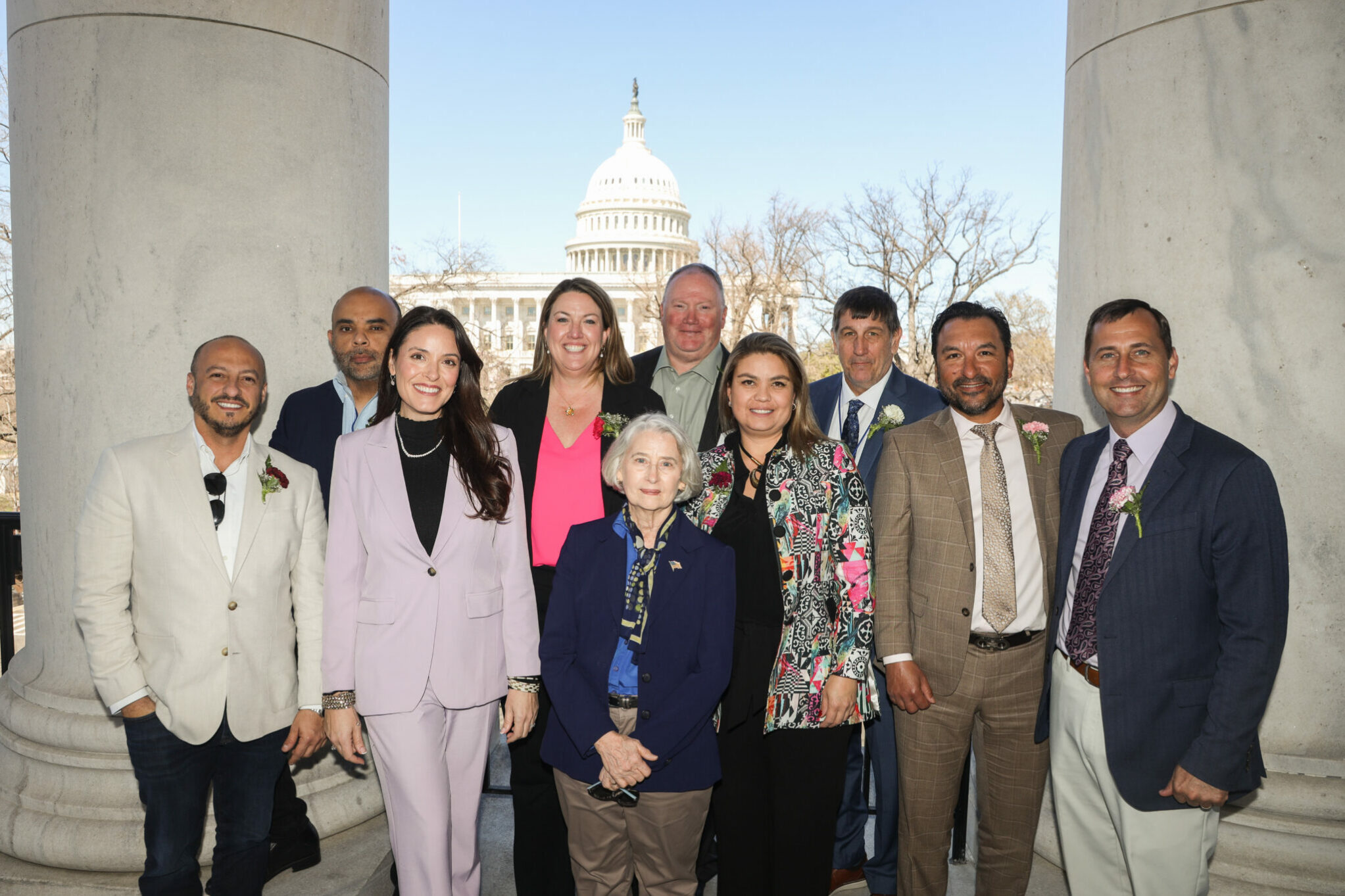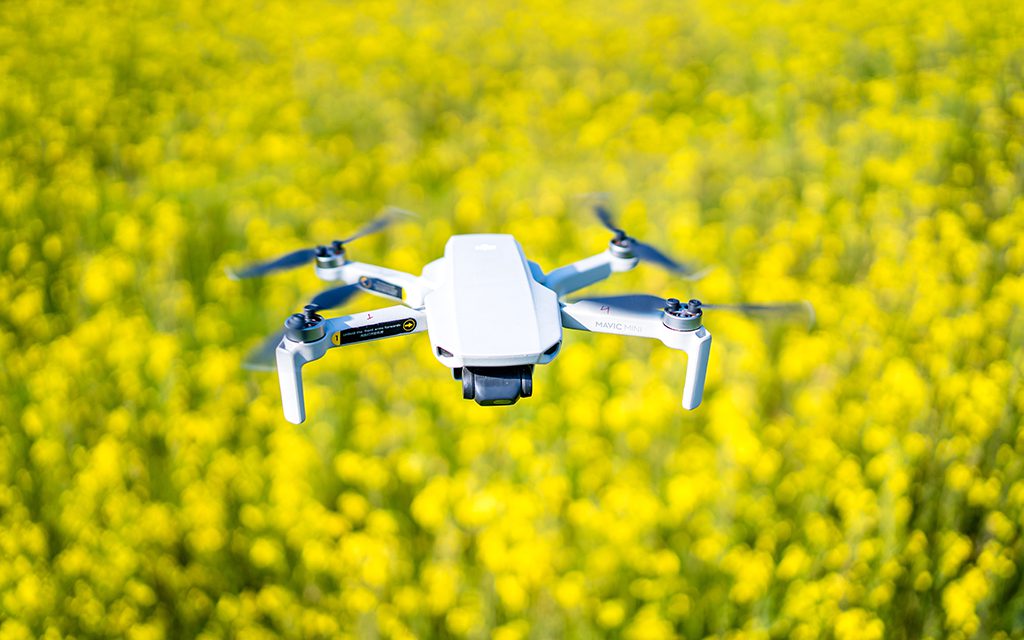
Drones have the potential to reduce labor burdens and costs associated with crop scouting and treatments. SAF will ask Congress to allocate $2 million to the Floriculture Nursery Research Initiative, which could study the use of drones in floriculture production.
Editor’s note: Advocating for the floral industry’s needs on Capitol Hill is a key priority for the Society of American Florists. Which issues are most likely to impact you and your business – and how? What is SAF doing about it? In this ongoing series, SAF senior lobbyist Joe Bischoff breaks down one issue at a time and outlines SAF’s advocacy work. This week, Bischoff answered SAF’s questions about increasing funding for the Floriculture Nursery Research Initiative and the potential for FNRI to help advance floriculture production through the use of drones. With Congressional Action Days less than a month away, now is the time to register for the event and get up to speed on SAF’s advocacy asks.
SAF: Drones and floriculture — really?
Joe Bischoff: We hope so. The idea really stemmed from visits to some California growers in December. I asked them what their biggest struggles were and, not surprisingly, labor was at the top of the list for all of the growers. Two of them specifically mentioned that drones could be helpful in reducing labor burdens and costs associated with crop scouting and treatments.
SAF: How so?
Joe Bischoff: Appropriately configured, Unmanned Aircraft Systems (UAS) can help producers with pest and disease scouting, monitor abiotic stresses and even apply crop production and protection products. These systems will allow growers to use their labor more efficiently, improve soil health through reduced compaction and slash pesticide use through precision applications.
SAF: Why isn’t this already happening in floriculture?
Joe Bischoff: Drones really haven’t been widely adopted — yet — in agriculture as a whole. And before they can provide a real-world solution for floriculture growers, research on how the technology would interact with our crops has to happen. We talked with the Agriculture Research Service national program staff and partner land grant universities to begin to explore what the possibilities for our industry might be. The drone initiative checks every box for current floral industry priorities: contributing to sustainability, addressing the labor need, and making production more efficient resulting in cost savings.
SAF: So where does the FNRI funding come in?
Joe Bischoff: It takes money to do the kind of research that’s needed to make this technology a reality for our industry — the kind of research that FNRI supports. We’re asking that Congress add $2 million to the program. FNRI funding has been flat since fiscal year 2018, and increased salaries and laboratory expenses have eroded the program’s ability to tackle the challenges of the day.
SAF: Why do we have to keep requesting the money every year?
Joe Bischoff: Put simply, if we don’t show we care about it, Congress won’t care about it. If the floral industry doesn’t consistently communicate that floriculture research funding is important, Congress will decide to spend its dollars elsewhere.
Between 2008 and 2017 we witnessed what happens when a program like FNRI takes a back seat to other issues from an industry advocacy standpoint. During that time, more than $500,000 — about 10 percent of the program’s total annual funding — was lost and allocated to other non-floriculture and nursery programs. Since that time, SAF has consistently made appropriations requests and put the issue front and center at Congressional Action Days, yielding a $1 million increase to the program in 2018. We need to put ourselves in front and center with Congress to remind legislators that there is an industry and constituents who care about this program.
SAF: What advancements have come out of FNRI that have helped the industry?
Joe Bischoff: FNRI projects affect the entire industry. Recent work includes research on extending the shelf-life of fresh-cut stems, reducing pesticide application with precision technology, and mitigation and management programs designed to overcome invasive diseases.
FNRI was conceived in the mid 1980s, and it took more than 10 years of education and lobbying before funding was first appropriated by Congress. Since then, FNRI has succeeded in delivering results for growers due to the dynamic partnerships between the floral and nursery industry, the academic community, and the federal government. Those partnership have been cited by the USDA as a unique and important model to follow for other industries interested in creating a similar program.
SAF: Why should members of Congress be interested in supporting FNRI?
Joe Bischoff: We have a history of good collaboration with traditional Congressional advocates, such as members of the Agriculture Committee and Agriculture Appropriations. But the truth is, our products are sold in every congressional district in the country. And, whether in rural or urban areas, their constituents are buying our products and they are increasingly interested in sustainability. Through FNRI we have the opportunity to encourage Congress to support an initiative that contributes to the industry’s sustainability goals in a meaningful way.
SAF: What can SAF members do to get involved?
Joe Bischoff: Attend Congressional Action Days! Even though FNRI is not a big program in the whole scheme of the USDA, it has a big impact on our industry. We need SAF members to carry the message on Capitol Hill that FNRI is important to the industry and to your business. If you’re interested in learning more about drones, then attend SAF’s upcoming webinar, “Drones: How Can They Help Your Growing Operation?,” on March 16 at 2:00 p.m. ET. The webinar will feature USDA-ARS collaborators at Mississippi State University’s Raspet Flight Research Laboratory, who will talk about drone research and the implications for the floral industry.
Katie Butler is the senior vice president of the Society of American Florists.


